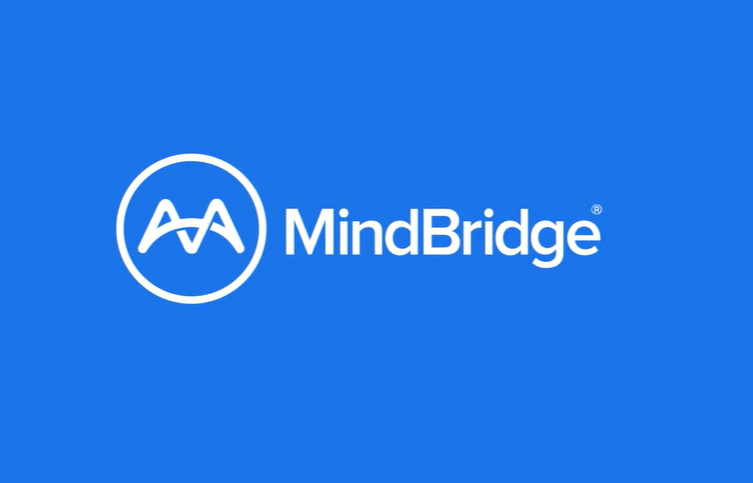I’ve been reporting on the accounting profession since Andersen was in the Big Five, Sarbanes and Oxley were just drinking buddies in DC, Enron was a company where great careers were made, and the PCAOB wasn’t even a figment of anyone’s imagination. When I started in accounting journalism, technology was such that I had an insider at the SEC auditor independence hearings running out of the room and faxing (faxing!) me handwritten notes from the proceedings. Fifteen years ago, the lives of CPAs (mercifully not renamed to Cognitors) were turned upside down, and the upside of course was better service for clients and shareholders.
It’s not often that monumental change comes to this profession we know and love. Certainly there is a constant barrage of little tweaks here and there, directives coming down from the FASB, tax laws being written or changed, and new technology that amazingly seems to make our lives easier and more difficult at the same time. But events that change the way we look at our business – these milestones are rare.
A lot of the changes we’ve seen in the past decade stem from technology advances that shorten, combine, and ease the processes we use to complete our jobs. Accountants who filled their days with compliance tasks are now reassessing the value they bring to their clients and focusing on analysis, forecasting and insight. They’re actually doing what they were trained to do in the first place, but until now the compliance work got in the way. Technology has cleared the path for accountants to use their brains, and most accountants are enjoying that role.
I believe accountants are on the brink of yet another monumental change – one that is floating into our profession on the wings of an organization that is often associated with the Big Four and those other large firms that play in the SEC’s sandbox. The organization is of course the AICPA and you’re going to see the services offered by the smallest of accounting and even bookkeeping firms impacted, in a very positive way, by the introduction of the RIVIO Clearinghouse.
Imagine preparing, reviewing, or auditing financial statements and signing your firm’s name on the statements. Now imagine the client takes those statements, alters some of the information, and presents those statements to potential lenders or investors. How are the stakeholders to know they are looking at the actual information you signed? What if the accounting firm never even saw the information but the firm name was used on the statements? The same goes for signed tax returns that could be forged or altered. How is the investor or lender to trust the information being presented as accurate?
Launched this month, the Repository of Intelligent Validated Inputs and Outputs (RIVIO) is a portal that actually mimics the SEC at a small practitioner level. A joint creation of CPA.com and Confirmation.com, RIVIO is a secure location where accountants can upload statements, tax returns, and other information, client companies can give permission for access, and third party stakeholders can download the information knowing it hasn’t been altered.
Not only will this change the way accountants will deliver information, I see a future where investors and lenders will routinely request that information be delivered through RIVIO. This marks the dawn of a new era of relevance for the small practitioners. Kudos to all of the minds that visualized this project and made it possible.
Thanks for reading CPA Practice Advisor!
Subscribe Already registered? Log In
Need more information? Read the FAQs
Tags: AICPA, Cloud Technology, PCAOB




